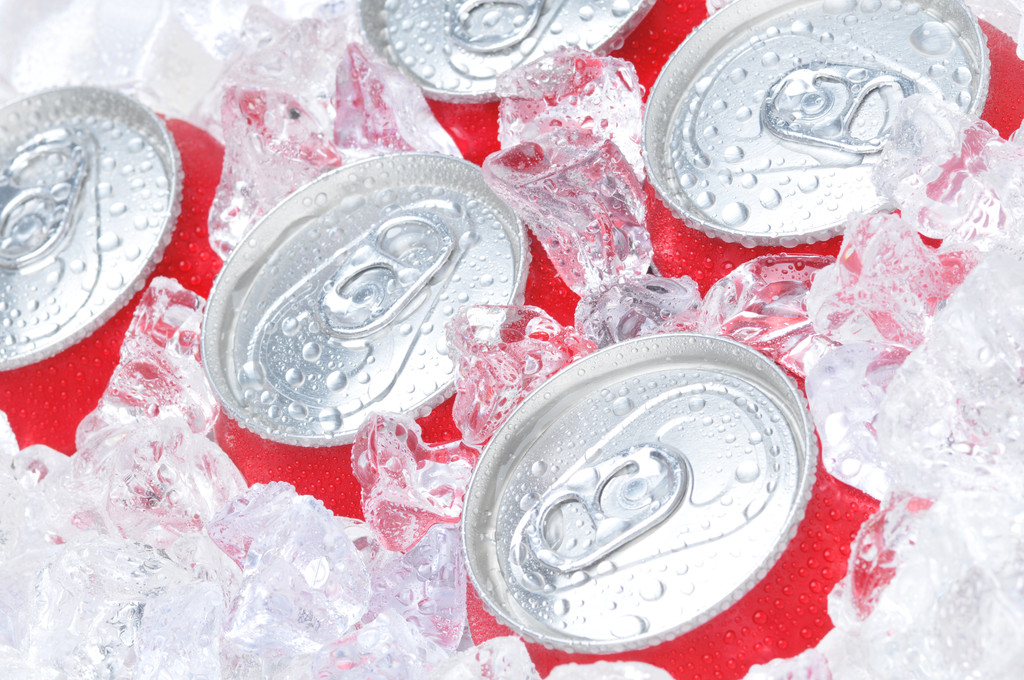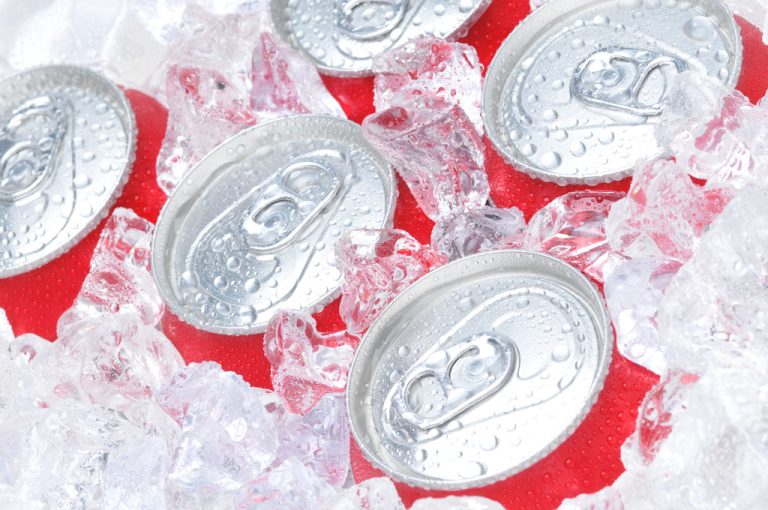Opinions are currently divided on sugar as a new “drug”. Many consumers are looking for alternatives that are sweet but don’t bring calories to the hips – aspartame is also often discussed. But the sweetener is controversial.
Can aspartame be a suitable sugar substitute in the diet or not? We looked at how natural the sweetener is, which foods contain it and whether the sweetener is harmful to health.

How natural is aspartame?
Basically, aspartame is a synthetically produced substance that does not occur in nature. However, it is made from two amino acids (phenylalanine and aspartic acid), which are nothing more than protein building blocks, i.e. the smallest particles that also make up the protein of your peas or grilled sausage.
In the body, every protein is broken down into its two amino acids and some methanol during the course of metabolism. Your body recognizes aspartame as a protein building block and breaks it down again into the two synthetically assembled amino acids. However, this produces phenylalanine, a substance that people suffering from the metabolic disease phenylketonuria are not allowed to ingest.
[total poll id=”57348″]
What foods contain aspartame?
Because it does not occur naturally in food, but is produced synthetically, the sugar substitute is only found in industrially produced foods. Aspartame is used very often in sweetened drinks, such as Cola Zero or Pepsi Max. Chewing gum and many low-calorie desserts are also sweetened with it, for example yoghurt, pudding or ice cream.
Because this sweetener is not heat-stable, i.e. it loses its sweetening power when heated, baked goods or foods intended for heating, such as ready meals, do not contain aspartame.
The sweetener can also be found under other names, for example NutraSweet, Canderel, Amino-Sweet, Sanecta or Equal-Classic.
Is aspartame calorie free?
The sweetener is by no means calorie-free and has a similar energy content to sugar or sugar substitutes. The difference is that aspartame is about 200 times sweeter than sugar, so much smaller amounts are needed to achieve the same sweetness. Products sweetened with it therefore have a lower calorific value than those containing sugar or its relatives.
Some studies suggest that it promotes obesity: Scientists assume that sweeteners disrupt appetite regulation in the brain. With its sweet taste, aspartame fools the brain into believing it is being supplied with glucose – the brain’s fuel. However, the brain does not receive real sugar, but an imitation and feels cheated. It demands new glucose and thus new food – the result is weight gain.
However, other studies cannot confirm this appetite-stimulating effect. So far, the obesity-promoting effect of aspartame could neither be proven nor disproved. More independent research is needed, according to the consumer advice center.
However, sweetening with reduced-calorie sugar alternatives is often understood as an incentive to “be allowed” to eat or drink more because the sweeteners have already “saved” energy. Because of the wrong eating habits, you gain weight despite reduced-calorie sugar alternatives.
Although it is possible to save calories with aspartame, this alone does little to change personal eating habits. The purpose and aim of a diet should be to learn how to eat a healthy and balanced diet. When in doubt, it makes much more sense than replacing sugar with aspartame to avoid such foods altogether. Because even a soda or cola sweetened with this agent is anything but healthy.
Is aspartame carcinogenic?
In parts of the press, the situation seems clear: anyone who consumes aspartame will die of cancer, according to the opinion that is often published. However, there are no scientific studies that could seriously show a connection between aspartame and cancer.
For example, the Scientific Committee for Food of the European Commission, the EFSA (European Food Safety Authority), the Federal Office for Risk Assessment (BfR), the German Society for Nutrition (DGE) and the US National Cancer Institute deal with this topic again and again come to the conclusion that, according to the current state of research, aspartame is not carcinogenic.
Does Aspartame Cause Headaches?
It is repeatedly reported that aspartame is responsible for headaches and migraines. Since this accusation comes up regularly, there are always new studies, none of which have been able to clearly identify aspartame as a trigger for headaches or migraines.
The same applies to other complaints that patients like to attribute to the consumption of aspartame, such as depression, mood swings, behavioral problems, personality changes, altered motor skills, aggression, epilepsy and many other ailments.
How much aspartame is healthy?
When determining the permitted daily dose of a substance (e.g. vitamins or minerals), values are set at which, according to the current state of research, lifelong, daily consumption of a substance cannot lead to health problems, even in this amount of a substance.
The allowable daily dose of aspartame varies around the world. In the EU it is set at 40 milligrams per kilogram of body weight, in the USA it is 50 milligrams. According to Efsa, for example, an adult weighing 60 kilos would have to drink more than four liters of aspartame-containing lemonade every day in order to exceed this limit.
Is aspartame harmful to the environment?
Most sweeteners are not metabolized and are excreted again. Although they get into sewage treatment plants via the toilet, they cannot be completely broken down there and thus pollute our ground and surface water.
It contains the sweeteners saccharin, cyclamate, sucralose and acesulfame and even serves to document the entry of impurities into mineral water: if the mineral water contains sweeteners, the source was not adequately protected from external influences. In view of the as yet unknown effects of synthetic sweeteners in bodies of water and upper groundwater layers, you should refrain from using the sweeteners mentioned.
However, aspartame is not excreted and therefore does not get into the environment, since it is broken down into its three components in the course of human metabolism, which are found in many natural foods. Only the production of the sweetener raises criticism: It is very energy-intensive and genetic engineering can be used to obtain the amino acids.

